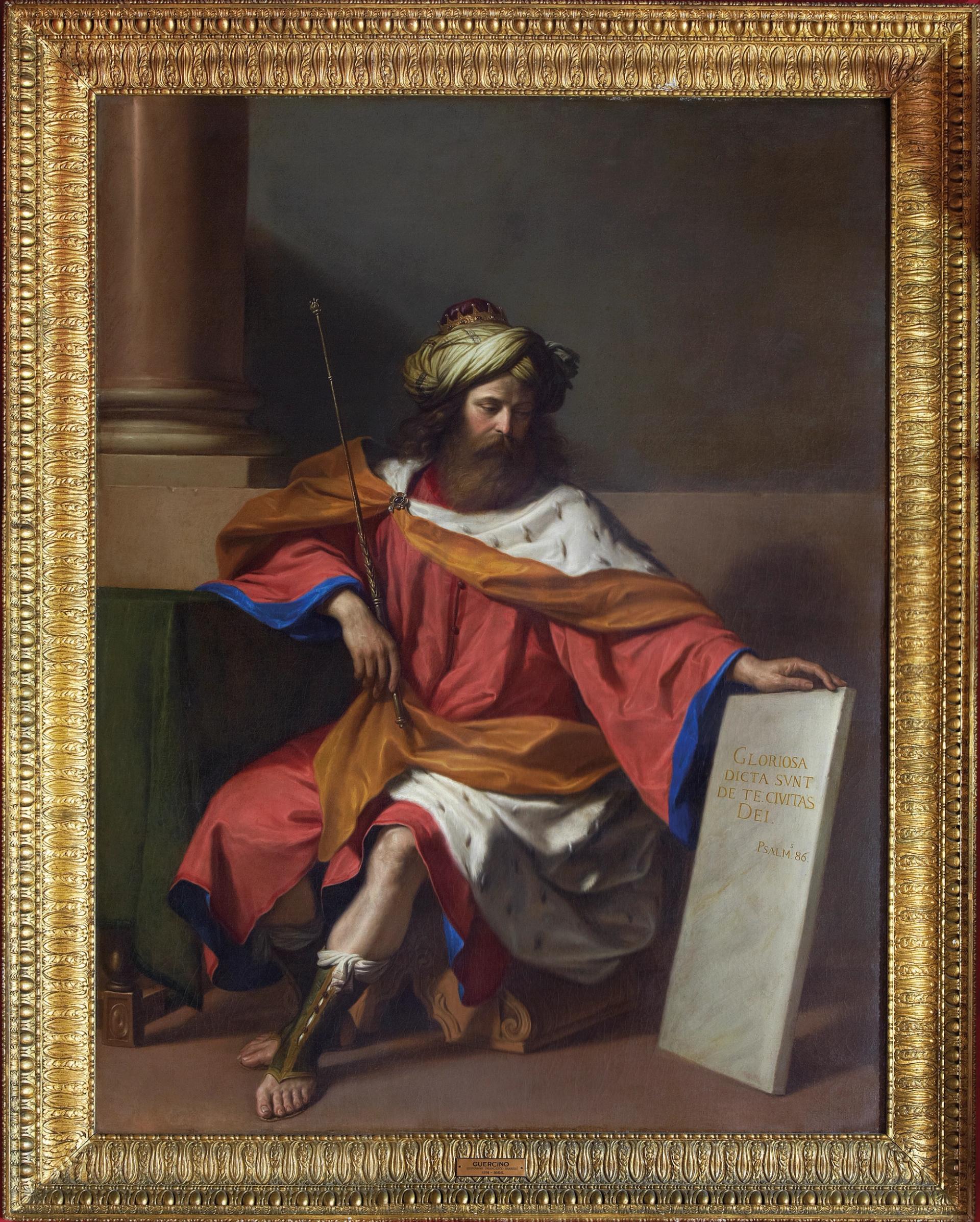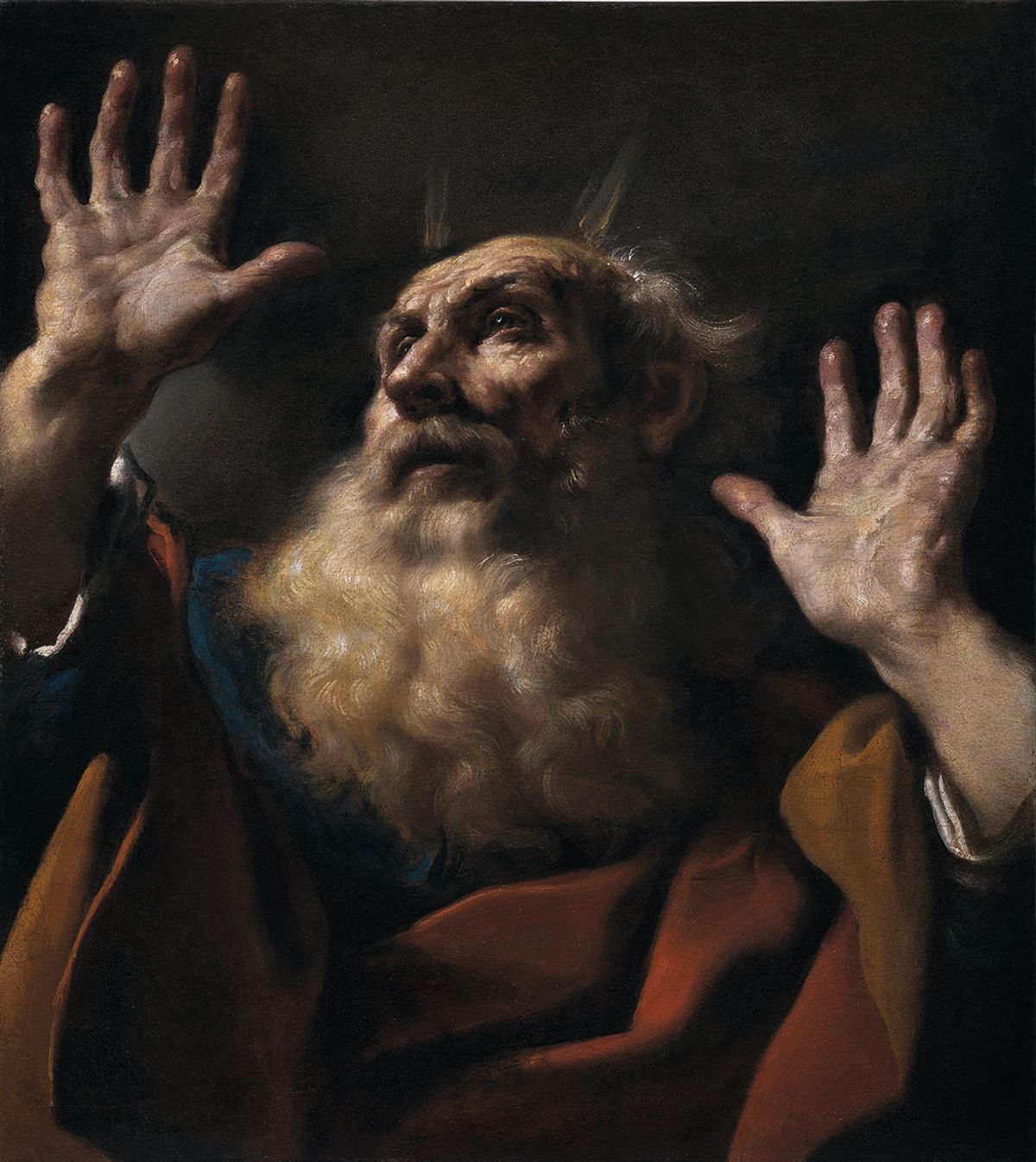Guercino’s Moses (around 1618-19) has been bought by Jacob Rothschild’s charitable foundation for around €2m. The painting is expected to be on permanent display at Waddesdon Manor, in Buckinghamshire, which is managed by the Rothschild Foundation on behalf of the National Trust.
Few institutions in the UK are able to buy Old Master paintings at this sort of a price, but the foundation is backed by the wealth of the banking family. The charity’s income in the latest financial year was £41m.
Moses was a “sleeper”, offered at a Paris-based Chayette & Cheval auction in November 2022 as by a 17th-century Bolognese follower of Guido Reni, with an estimate of just €5,000-€6,000. Several dealers spotted its significance, believing it might be a Guercino, and it sold for €590,000. The buyer was the London/Paris dealer Moretti Fine Art.
The painting was later restored and examined by specialists. The Guercino attribution is now supported by Letizia Treves (formerly National Gallery, London) and Keith Christiansen (formerly Metropolitan Museum of Art, New York). They believe it was painted by the artist in Cento, near Bologna, in around 1618-19.
Giovanni Francesco Barbieri (1591-1666) got the name Guercino (“Little Squinter”) because of an eye condition. Legend goes that as an infant he was woken up suddenly by an extremely loud noise, an episode that left him with his right eye permanently fixed at an angle in its socket.
In the painting, the bearded Moses looks upwards, raising his hands to communicate with God. Although in most depictions by other artists the prophet is shown with the tablets of the Ten Commandments, in Guercino’s composition we just see the animated upper part of his body.
Moses was originally in the distinguished collection of Cardinal Alessandro d’Este in Rome. It remained with his family after his death in 1624. In 1796-97 the painting was probably looted by Napoleon’s forces in Modena and taken to France.
The whereabouts of Moses from the 1790s until the 2022 auction remain a mystery, and the seller’s name has not been disclosed. Until then, the composition was known only from three 17th-century painted copies, a drawing and engravings. These images show that it was always regarded as a very important Guercino.
The painting will be unveiled in an exhibition at Waddesdon Manor: King David and the Wise Women: Guercino at Waddesdon (20 March-October). This show had been scheduled before the purchase and is centred around four other large Guercino paintings. These depict King David (1651) and three sibyls (female prophets from classical antiquity).

Guercino's King David (1651)
Waddesdon / Rothschild Family © Jarrold Publishing / Spencer House / Peter Smith
A companion for King David
David came to England in 1768, when the Spencer family acquired it for Spencer House, overlooking Green Park in central London. It was later moved to their country seat, Althorp, in Northamptonshire. A Rothschild company acquired the lease of Spencer House in 1986. In 2010 the foundation bought David, initially returning it to Spencer House and then lending it for display at Waddesdon last year.
The three sibyl paintings, all dating from 1651, are coming on loan: The Cumaean Sibyl (National Gallery, London), The Samian Sibyl (National Gallery) and The Libyan Sibyl (Royal Collection).
Waddesdon’s curator, Juliet Carey, is delighted that Moses will now be included in the show: “It’s a most marvellous acquisition and the timing of its appearance on the market could hardly have been happier. This early masterpiece by one of the greatest of Italian 17th-century painters adds a whole new layer to the collection at Waddesdon.” After this year’s exhibition, Moses will continue to be displayed in the red anteroom, along with David.


